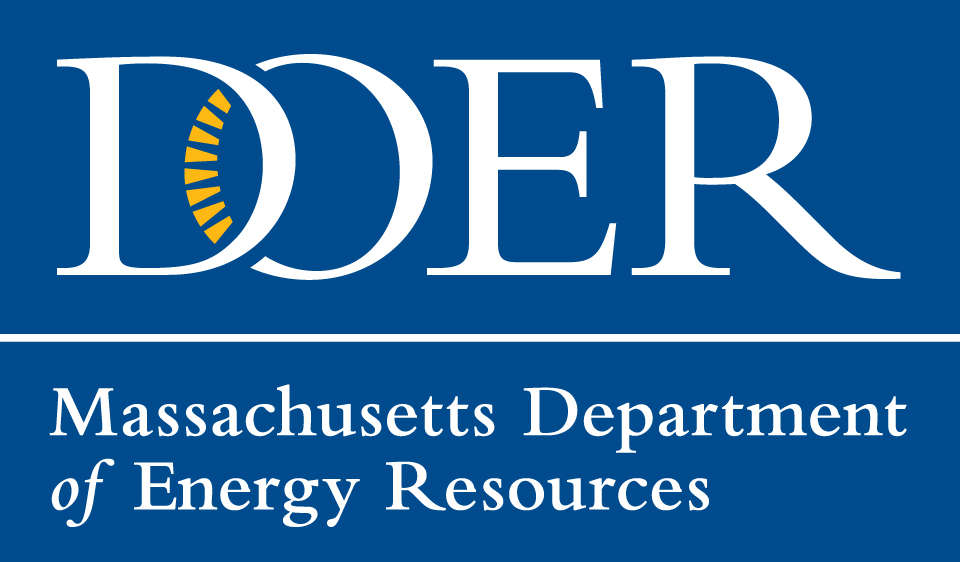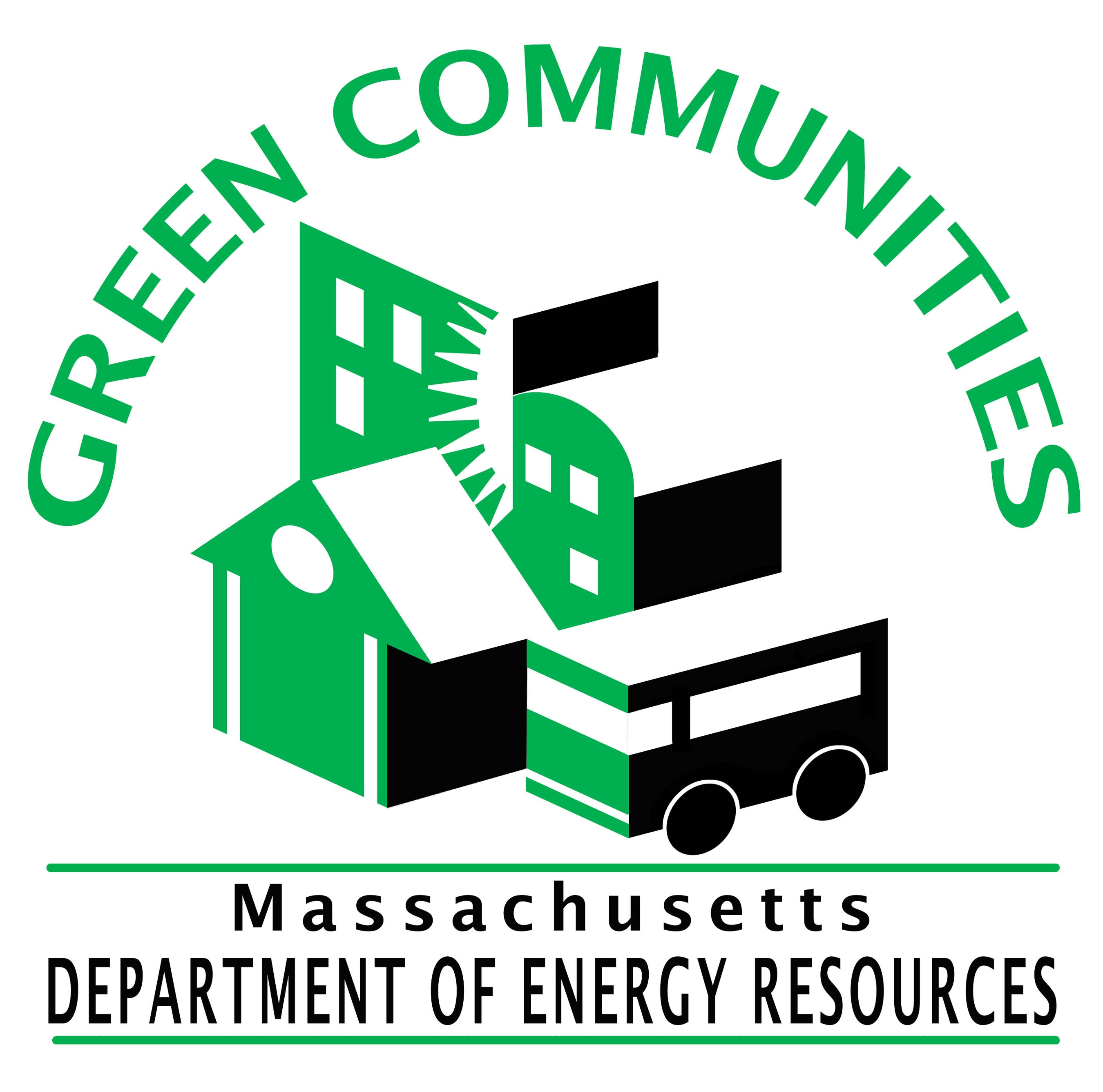- Massachusetts Department of Energy Resources
- Green Communities Division
Media Contact
Lauren Diggin, External Affairs Manager
Boston — The Healey-Driscoll Administration today announced the launch of the Climate Leader Communities Program, a new program offered by the Green Communities Division of the Massachusetts Department of Energy Resources (DOER) to further help municipalities meet their climate and greenhouse gas reduction goals.
The new Climate Leader Communities program builds on the highly successful Green Communities Designation and Grant program. The voluntary program encourages municipalities to establish municipal emission reduction goals, create and implement municipal decarbonization roadmaps, promote clean energy initiatives and opportunities to the community, and adopt clean energy and climate-friendly programs, policies, and bylaws.
To become a Climate Leader Community, municipalities must meet certification requirements that include adoption of a zero-emission-first vehicle policy, adoption the Specialized Opt-In Building Code, and a commitment to eliminate the use of on-site fossil fuel in municipal buildings and fleets by 2050. These requirements are in alignment with the 2050 emissions limits established in the Massachusetts Clean Energy and Climate Plans and 2022’s An Act Driving Clean Energy and Offshore Wind.
“The Green Communities program has helped our cities and towns make significant investments to achieve their own clean energy goals and strengthen their economies,” said Energy and Environmental Affairs Secretary Rebecca Tepper. “Climate Leader Communities will help hasten Massachusetts’ clean energy transition and collectively lower our dependence on fossil fuels while they reduce costs and risks for their residents and businesses and create healthier neighborhoods.”
“We are proud that our partnerships with communities across the Commonwealth have helped them expand their budgets and provide clean heat and transportation alternatives that lower their energy use and costs,” said DOER Commissioner Elizabeth Mahony. “Climate Leader Communities is a needed progression of our Green Communities program, which was created in 2008 with the passage of the Green Communities Act, and it will allow cities and towns to take their clean energy and emission reduction goals to the next level and work toward the Commonwealth’s goal of achieving net zero emissions in 2050.”
DOER will provide technical assistance to help communities create municipal decarbonization roadmaps and support municipalities seeking certification. The Sponsors of Mass Save will also provide support to municipalities that wish to become Climate Leader Communities by identifying pathways to convert existing buildings being by heated fossil fuels to renewable thermal technologies.
Once certified, Climate Leader Communities will be eligible to apply for grants for a wide variety of activities and projects beyond the energy efficiency projects currently funded by Green Communities grants. Grants will advance the Climate Leader Communities’ clean energy and climate goals, and include funding for rooftop solar PV, battery electric storage, electric vehicles, and community engagement activities, as well as seed funding for municipal sustainability coordinators. Climate Leaders will need to be recertified every 3 years by providing updates to their municipal decarbonization roadmaps and implementing a community engagement activity.
DOER anticipates the first application deadline will be during the summer of 2024, to allow for towns to adopt the Specialized Code at their Spring Town Meetings and meet certification requirements.
“I commend the Healey-Driscoll administration for its commitment to helping municipalities decarbonize across all sectors,” said State Representative Jeffrey N. Roy, House Chair of the Joint Committee on Telecommunications, Utilities, and Energy. “By incorporating a variety of innovative policy solutions into the program, including the Specialized Opt-In Building Code established by recent climate legislation, the new Climate Leader Communities program will provide municipalities with the resources necessary to meet the Commonwealth’s ambitious climate goals.”
Since the Green Communities program began in 2010, 291 of the Commonwealth’s municipalities have earned a Green Communities designation, and the program has awarded more than $170 million to Green Communities in Designation and Competitive Grants.
The Climate Leader Communities program will be funded from auction proceeds from the Regional Greenhouse Gas Initiative.
###

